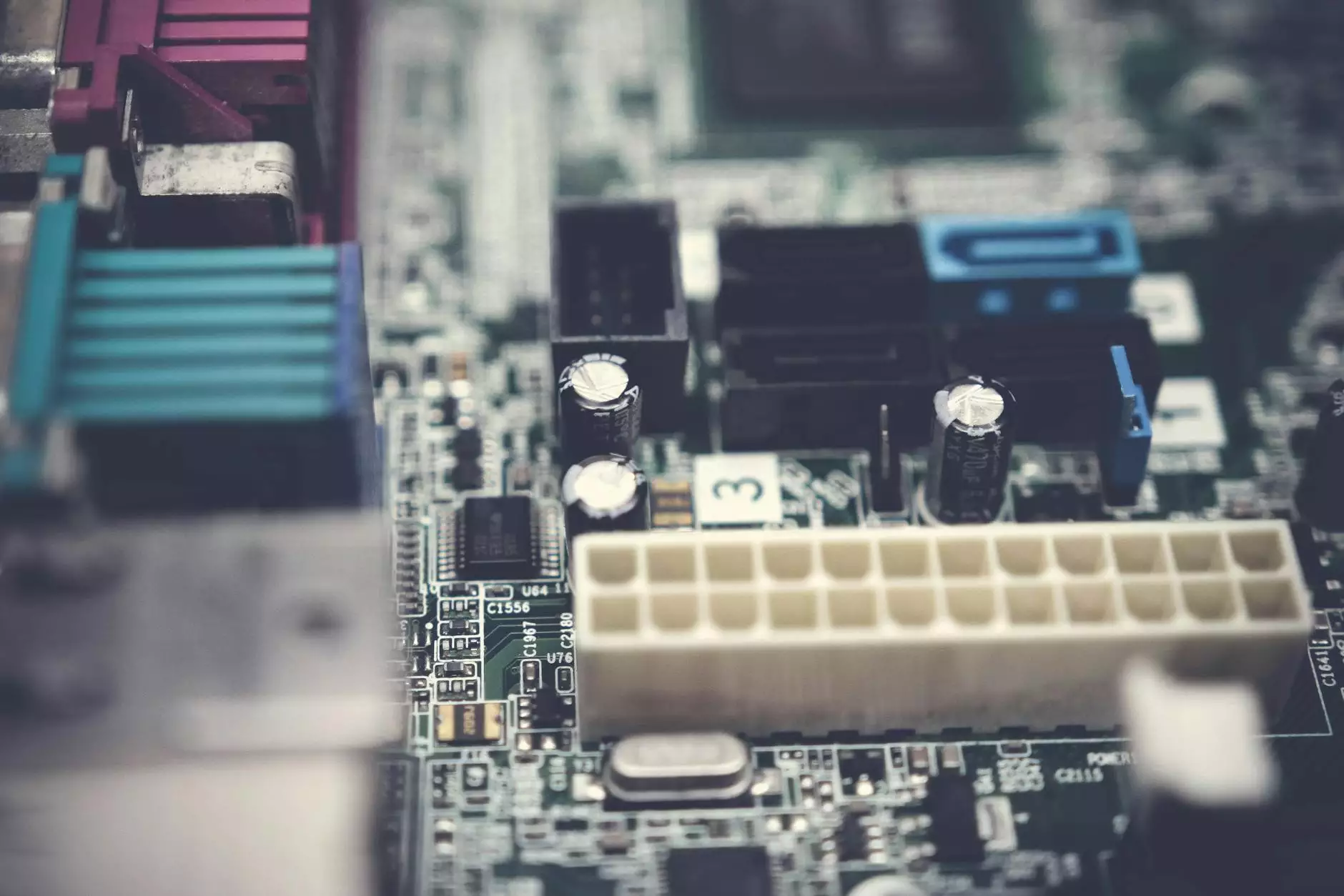The Comprehensive Guide to Human Growth Hormones

The interest in human growth hormones has surged over the past few decades due to their significant implications for health, fitness, and overall well-being. As a component frequently discussed within the realms of medicine, fitness, and even anti-aging, understanding the full scope of human growth hormones is essential for anyone looking to boost their health or athletic performance. This comprehensive guide will answer key questions and provide detailed insights into the world of human growth hormones.
What Are Human Growth Hormones?
Human growth hormones (HGH) are peptides produced by the pituitary gland, a small gland located at the base of the brain. These hormones play a vital role in growth and development throughout childhood and adolescence. However, their importance does not diminish with age. HGH influences a variety of processes within the body, including:
- Cell Growth: Essential for the growth of all tissues in the human body, promoting development from infancy through adulthood.
- Metabolism: Aids in the regulation of metabolism, impacting how the body processes fats and carbohydrates.
- Muscle and Bone Health: Contributes to an increase in muscle mass while also maintaining bone density and strength.
- Immune Function: Supports the immune system, enhancing the body's ability to fight off infections.
The Role of Human Growth Hormones in Adults
While most common discussions around human growth hormones center on children, adults also benefit from these critical hormones. As individuals age, HGH levels naturally decrease, leading to various health issues and concerns. Here are several ways that these hormones continue to impact adult health:
- Anti-Aging Benefits: Many people believe that replenishing HGH can help counteract the aging process, leading to improved skin elasticity, thickness, and overall appearance.
- Increased Energy Levels: Adults with sufficient levels of HGH report higher energy levels, improved stamina, and a more robust sense of vitality.
- Improved Mental Health: Research suggests that HGH can have a positive influence on mood, reducing feelings of depression and anxiety.
- Enhanced Recovery: HGH aids in quicker recovery from injury and trauma, promoting healing of muscles and tissues.
How Are Human Growth Hormones Used?
The application of human growth hormones spans several domains, from legitimate medical uses to controversial applications in sports and bodybuilding. Understanding how HGH is used can clarify its role in overall health and fitness:
Medical Uses of HGH
HGH is FDA-approved for several medical conditions, including:
- Growth Hormone Deficiency: Children and adults diagnosed with a deficiency can be treated with HGH to promote proper growth and development.
- Chronic Kidney Disease: HGH replacement therapy may be necessary for children with chronic renal insufficiency.
- Turner Syndrome: Girls with this chromosomal disorder can benefit from HGH therapy to promote growth.
- HIV/AIDS: Patients experiencing severe weight loss can also gain benefits from HGH supplement treatment.
HGH in Sports and Bodybuilding
The use of human growth hormones in athletics and bodybuilding often raises eyebrows due to the potential for misuse. While many use HGH to enhance performance, it is essential to understand the risks involved:
- Enhanced Muscle Recovery: Athletes often use HGH to recover faster from strenuous workouts.
- Increased Muscle Mass: Bodybuilders may take HGH to accelerate muscle growth and fat loss.
- Potential Legal and Health Risks: Usage without medical supervision can lead to various health complications, including diabetes and cardiovascular issues. Additionally, it's banned in most professional sports, with strict penalties enforced for those caught using it.
Potential Side Effects of Human Growth Hormones
While human growth hormones offer numerous potential benefits, they may also present some side effects, particularly when used inappropriately. Here are common side effects associated with HGH use:
- Joint Pain: Some users report pain in various joints, particularly in the hands and feet.
- Carpal Tunnel Syndrome: Increased pressure on nerves can lead to numbness and tingling sensations.
- Insulin Resistance: Long-term use might contribute to insulin resistance, increasing the risk of diabetes.
- Swelling: Some users experience swelling in their limbs due to fluid retention, known as edema.
Alternatives to Human Growth Hormones
If concerns or risks associated with human growth hormones arise, it is crucial to consider alternative methods of promoting health and well-being. These alternatives can support the body’s natural hormone production while fostering overall health:
- Healthy Diet: A diet rich in vitamins and minerals, particularly those promoting growth such as vitamin D and calcium, can support the body’s natural hormone levels.
- Regular Exercise: Physical activity, particularly strength training, can naturally boost HGH production.
- Quality Sleep: Adequate sleep allows the body to produce peak HGH levels, especially during deep sleep stages.
- Stress Management: High stress can suppress HGH levels; relaxation techniques like yoga or meditation can be beneficial.
FAQs About Human Growth Hormones
1. Are human growth hormones safe for everyone?
No, human growth hormones are not safe for everyone. They are typically prescribed for specific medical conditions, and misuse can result in various health issues. Always consult with a healthcare professional before beginning any form of HGH therapy.
2. Can I buy human growth hormones legally?
In many places, it is illegal to purchase human growth hormones without a prescription. Ensure that you abide by local laws and regulations to avoid legal issues.
3. What are the signs of HGH deficiency?
Signs may include increased body fat, decreased muscle mass, fatigue, and emotional changes. Consult a healthcare provider if you suspect a deficiency.
4. How can I increase my HGH levels naturally?
Natural methods include exercising regularly, getting adequate sleep, managing stress, and maintaining a healthy, balanced diet.
Conclusion
The discussion of human growth hormones encompasses a wide array of topics, from their critical biological roles to their controversial use in sports and medicine. Understanding the benefits, potential side effects, and legal implications is crucial for anyone considering HGH therapy. As always, consult with a healthcare provider for personalized advice tailored to your specific health needs. The road to enhancing your health and well-being should be informed, safe, and supported by medical expertise. Always strive for a balanced approach to health that involves proper nutrition, exercise, and mental well-being alongside any hormonal treatments.



